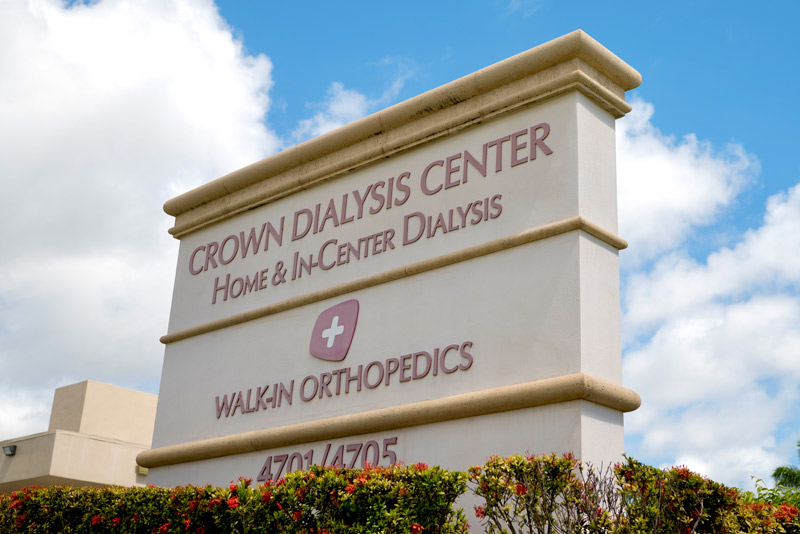Good nutrition is the key to good health for everyone. It is especially important for people with chronic kidney disease. Even with the help of artificial kidney treatments (dialysis) , you cannot get rid of all the wastes and fluids that build up in your body from what you eat and drink.
You can work closely with your renal dietitian to decide on a meal plan that is best for you and includes some of your favorite foods.
Your individual meal plan will be based on your age, your weights, foods you like your dialysis treatments and other medical conditions such as diabetes, heart disease and high blood pressure.
*Calories are needed to provide your body with energy to allow it to function properly. Your renal dietitian can help you plan a meal plan containing the right balance of calories from different sources to keep your body healthy.
*Protein is used to build and repair tissue. Many of the foods you eat contain protein. The best sources of protein are dairy products, eggs, meat, poultry (chicken, turkey, etc.) and seafood. Bread, cereal, and vegetables are mostly carbohydrates but also contain a small amount of protein.
*Carbohydrates provide fuel or energy for your body in the form of starches and sugars. The major sources are bread, cereals, fruits, grains, and vegetables. If you have diabetes you may be watching your carbohydrate to help control your blood sugar.
*Fat concentrated energy source that adds flavor, moisture, and calories to food. It is often added to a meal plan for chronic kidney disease to provide much-needed calories to help gain or maintain weight and add flavor to food. If you are overweight and wish to lose weight, your dietitian or doctor may recommend limiting the fat in your diet. Certain kinds of fat may also be recommended for you to use if you are concerned about your blood lipid levels.
*Calcium and phosphorus are minerals that work together in the body to keep your bones strong and healthy. This balance is changed when they kidneys are unable to filter out enough phosphorus. Phosphorus levels are then increased in your blood. When this balance of calcium and phosphorus is upset it can cause bone disease and contribute to the calcification of arteries and organs including your heart. The consistent use of phosphorus binding medication and following a diet that limits food high in phosphorus may be needed. Almost all foods have some phosphorus, but the highest levels are found in dairy products (cheese, milk yogurt), dried beans, nuts, chocolate and cola drinks. Also, be aware of foods containing phosphate additives. Look for “phos” in the ingredient list. Your doctor and renal dietitian will help you balance your dietary intake and medications. Sodium helps regulate the fluid balance in your body. High -sodium foods may upset this balance in chronic kidney disease. Some foods that have the highest amounts of sodium are cured and processed.
Keep healthy !!
National Kidney Foundation. (1991). Living Well on Dialysis . New York , NY. DOI: 01-100420_DBC
Photo by Flo Dahm, pexels.
Photo by Trang Doan,pexels.
Photo by Pixabay, pexels.


